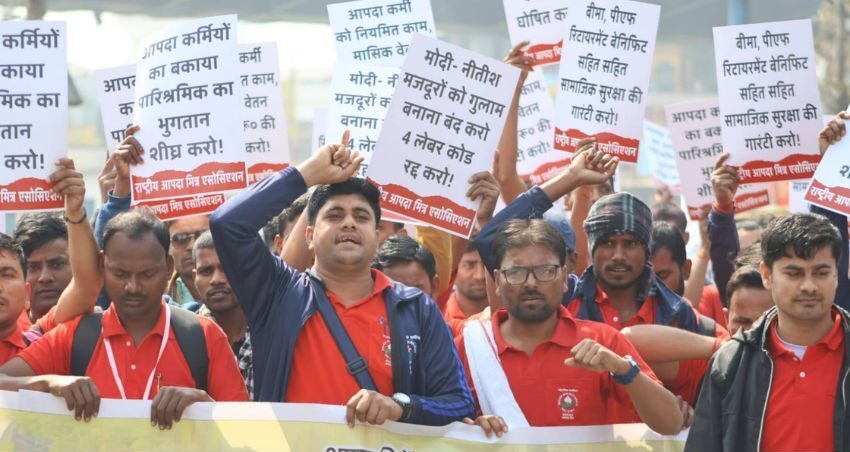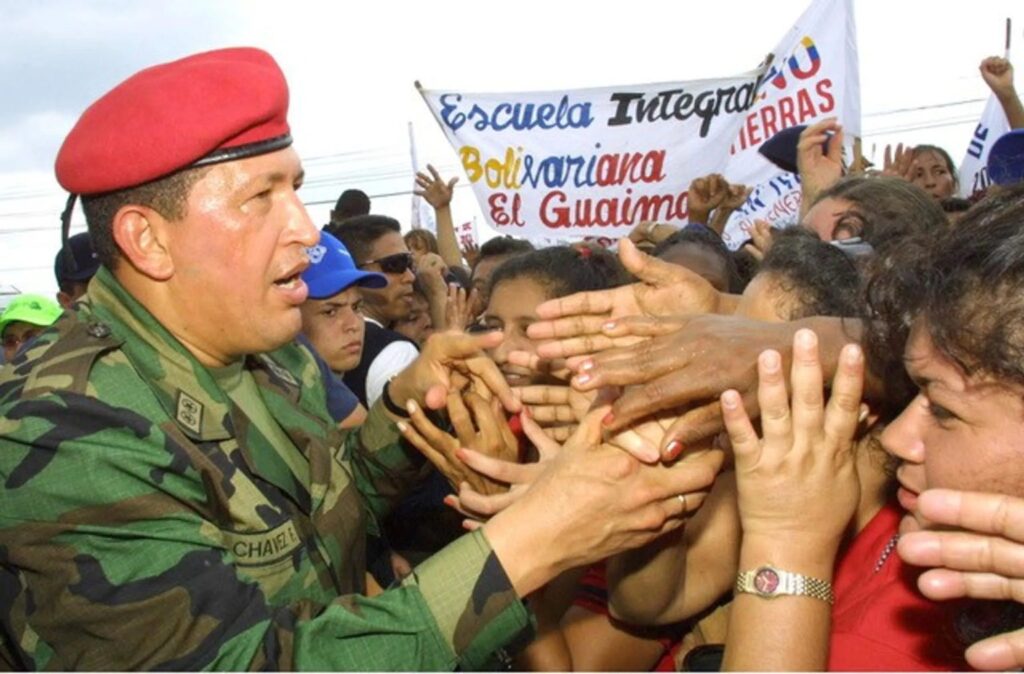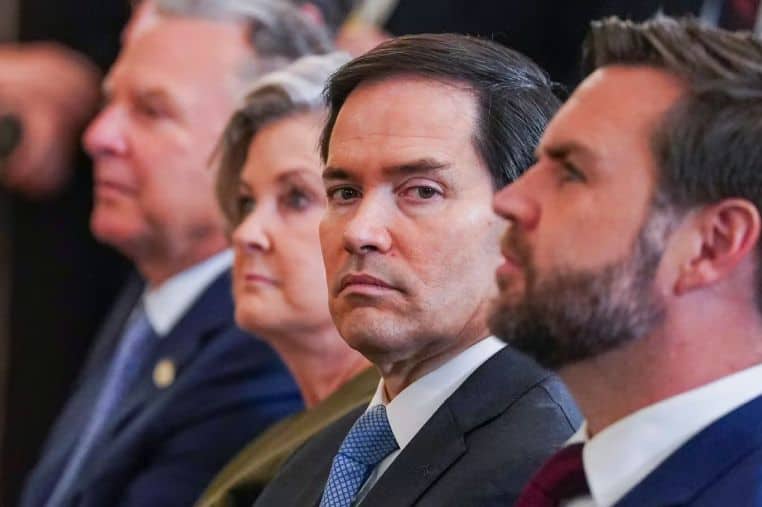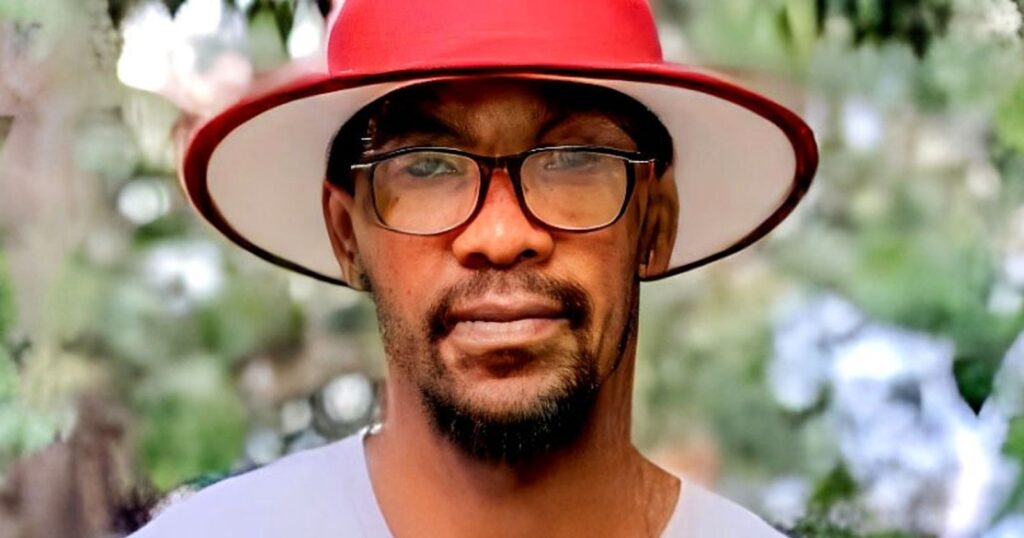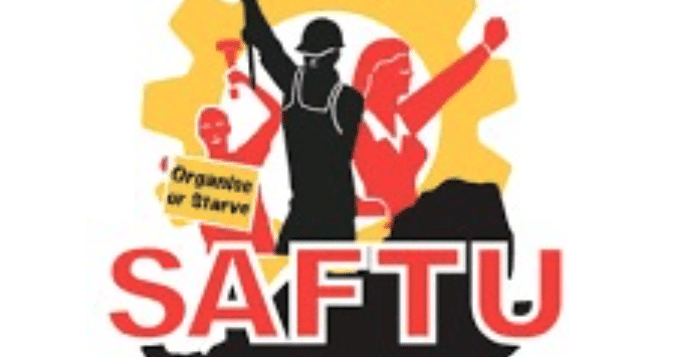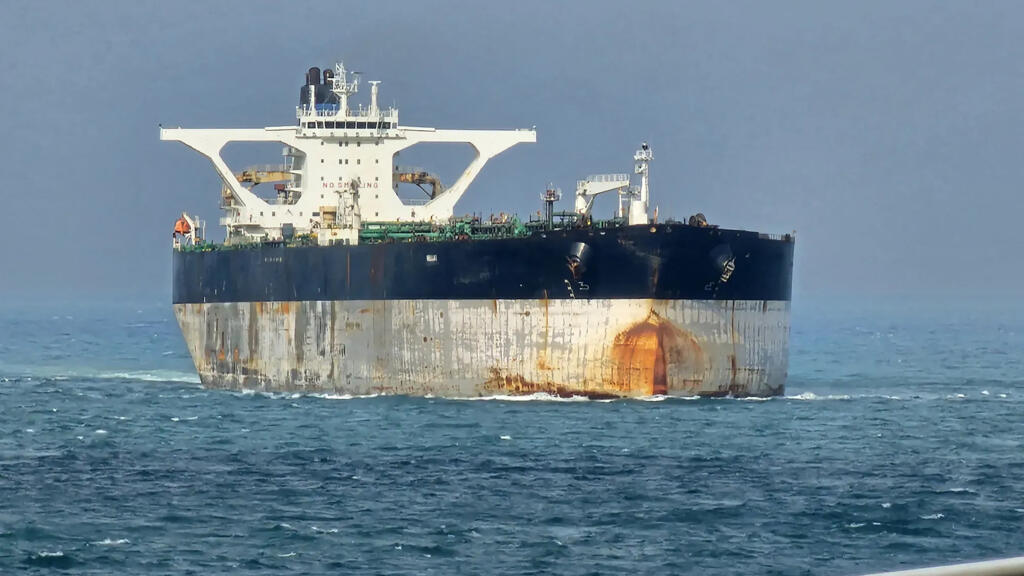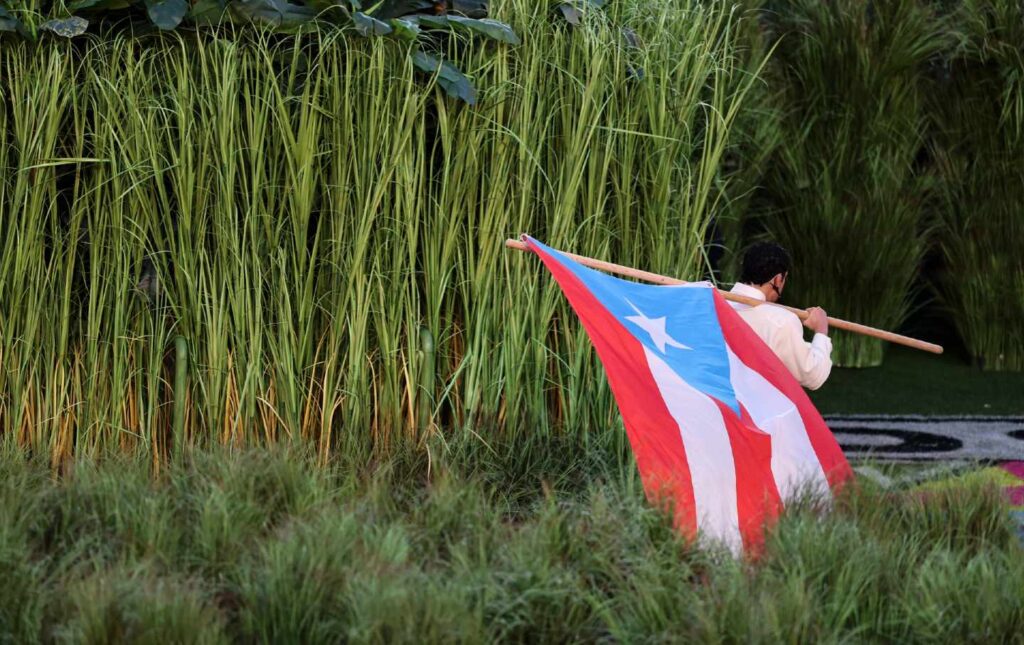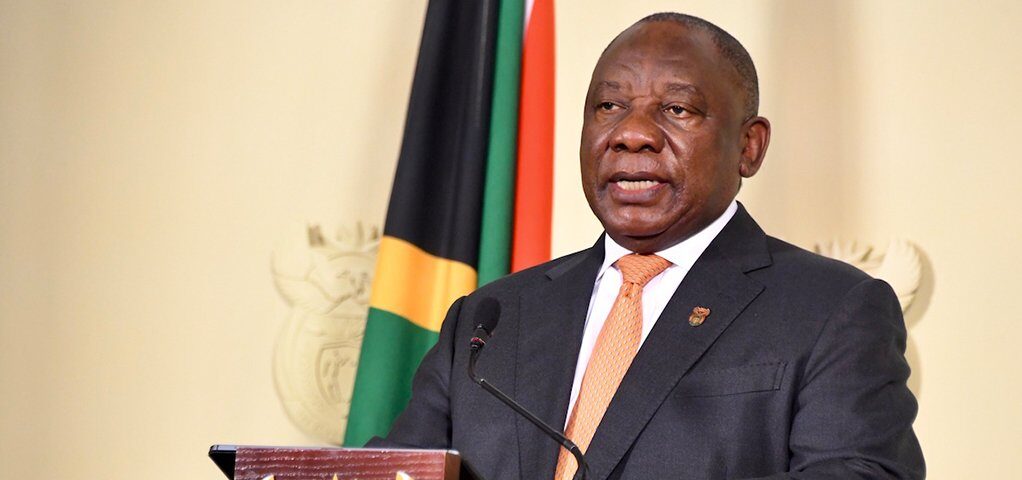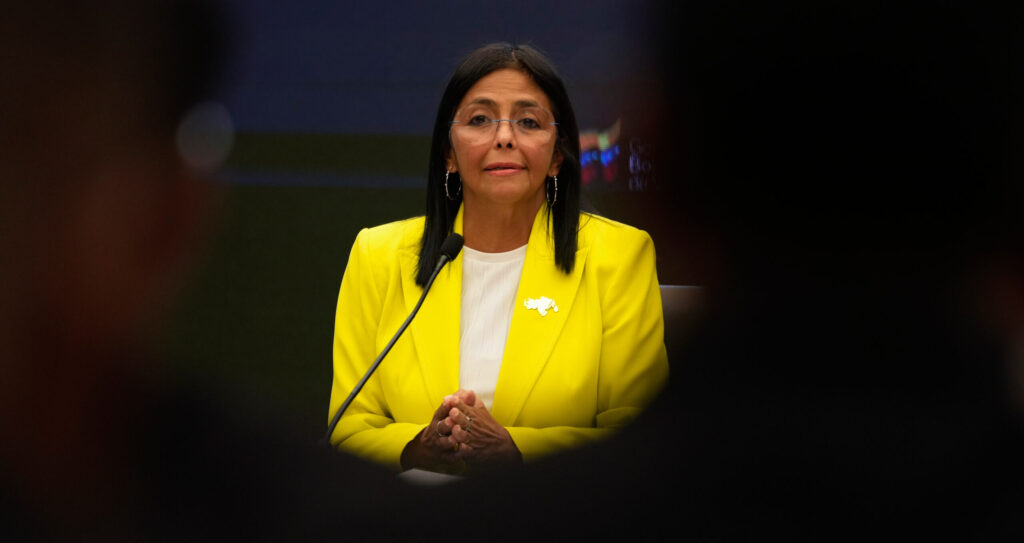The future will not be won by resigning ourselves to adapting to collapse, but by having the courage to prevent its causes.
1. As we know, COP 30, the United Nations Climate Change Conference, will be held this year in November in Belém do Pará.
It inspires hope, as it will be held in a country governed by the left, under the aegis of President Lula. But it must be noted that the planet’s biggest polluter, the United States, will be absent, as Donald Trump – a fanatical climate change denier – has withdrawn his country from this international forum
Unfortunately, a recent decision by the Brazilian authorities casts a shadow over this meeting: the authorisation to explore for oil located on the seabed near the mouth of the Amazon. Brazilian environmentalists denounce this decision, which represents an enormous risk – in the event of an accident with offshore drilling – of a ‘black wave’ destroying the fragile ecosystems of the Amazon rainforest.
Furthermore, if the enormous quantities of oil deposited on the seabed in this region are extracted, sold and burned, this will make a decisive contribution to climate change.
Under these conditions, what can we expect from COP 30? It must be said that the results of the previous 29 conferences are not glorious: it is true that some resolutions have been adopted, but… they have never been implemented. Emissions have never stopped growing, the accumulation of greenhouse gases has reached unprecedented proportions, and the dangerous limit of 1.5°C (above the pre-industrial era) has already been reached.
What are the ambitions of the organisers of the new COP? We can get an idea by reading a recent interview with André Correa do Lago, appointed by Lula to chair COP 30. A diplomat with extensive experience in sustainable development, he is currently Secretary of Climate, Energy and Development at the Brazilian Ministry of Foreign Affairs. In this interview, Corrêa do Lago states: ‘I would very much like people to remember COP 30 as a COP of adaptation.’
2. What does this mean? Certainly, adaptation to the consequences of climate change – forest fires, tornadoes, catastrophic floods, unbearable temperatures, droughts, desertification, lack of fresh water, sea level rise, etc. (the list is endless) – is necessary, especially in the countries of the South, the first victims of this damage.
But giving priority to ‘adaptation’ rather than ‘prevention’ is an indirect way of resigning oneself to the inevitability of climate change. It is a discourse that is increasingly heard among leaders of different countries around the world.
The logic of this argument is simple: since it is impossible to do without fossil fuels, globalised transport of goods, industrial agriculture and other multiple economic activities responsible for climate change, but necessary for the proper functioning of the capitalist economy, we are left with no choice but to adapt.
While adaptation may still be possible at first, once the temperature rises above a certain level – two degrees? three degrees? no one can say – it will become impossible. How can we adapt if the temperature exceeds 50 degrees? If drinking water becomes a scarce commodity? We could multiply the examples.
We do not have much time left to prevent a catastrophe that would jeopardise human survival on this planet. And contrary to what Martians like Elon Musk think, there is no planet B. If COP 30 favours adaptation over prevention, it will be remembered as the COP of capitulation.
Fortunately, it will meet in Belém do Pará, at the same time as COP, a People’s Summit, in which environmental movements, peasants, indigenous peoples, feminists, eco-socialists and others will participate, discussing real solutions to the ecological crisis and taking to the streets of Belém do Pará to protest against the inertia of governments and affirm the need to break with the system. They are sowers of the future, who refuse resignation and conformism.


